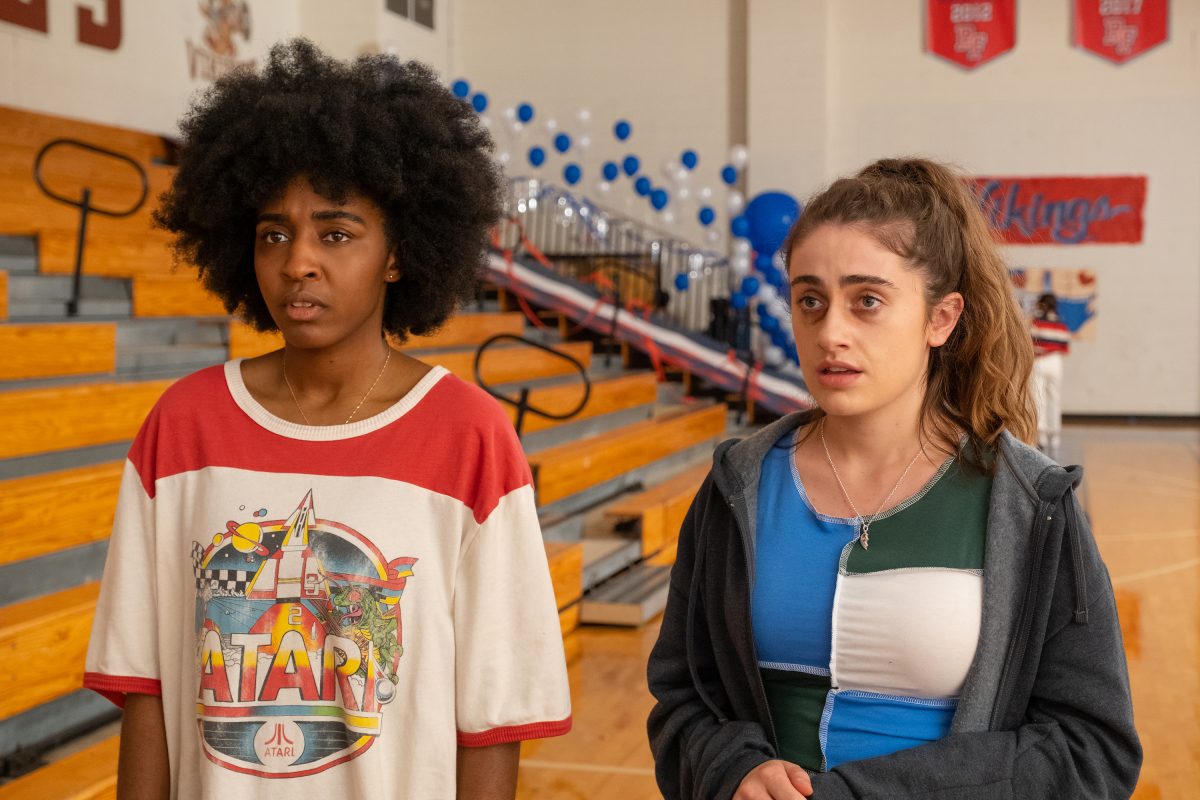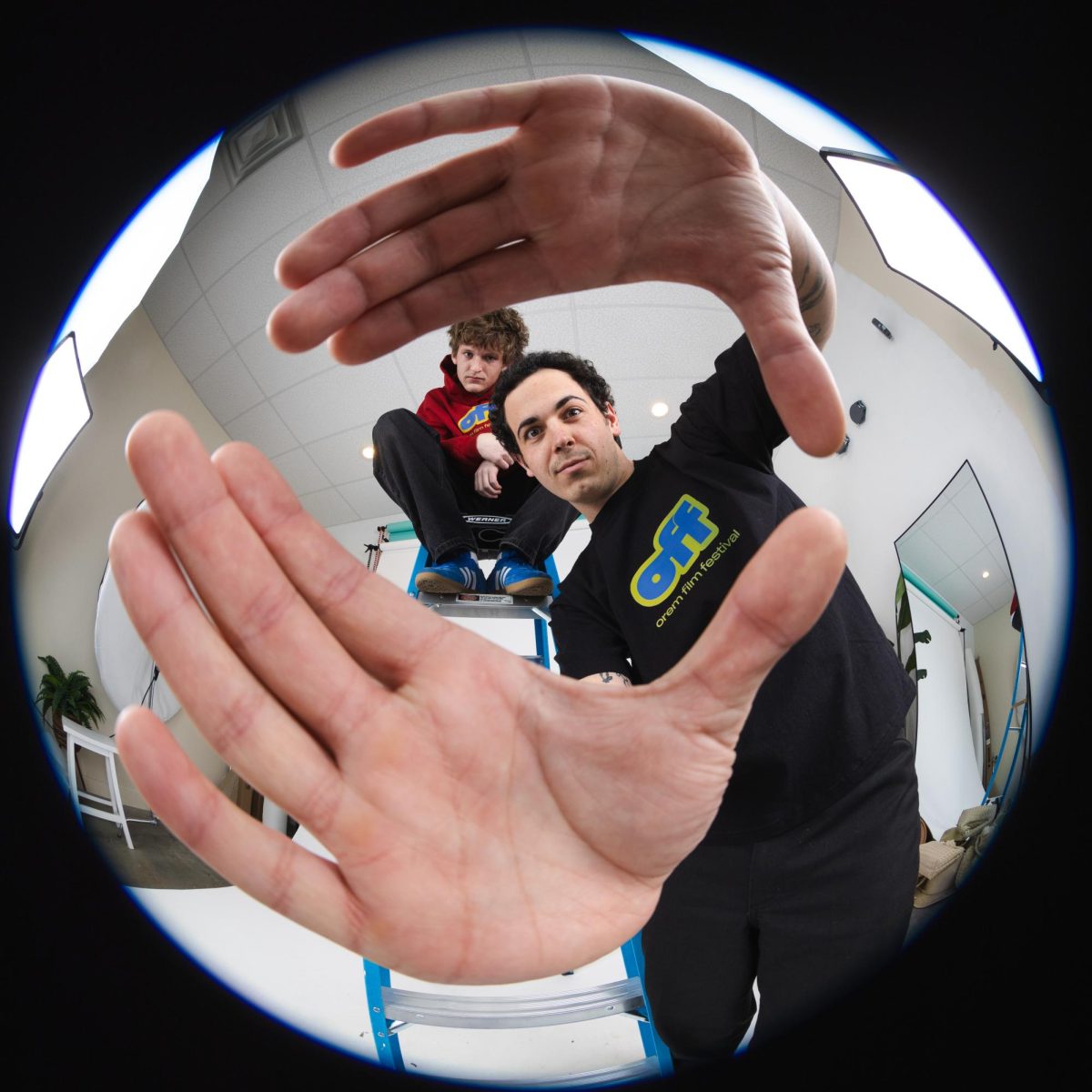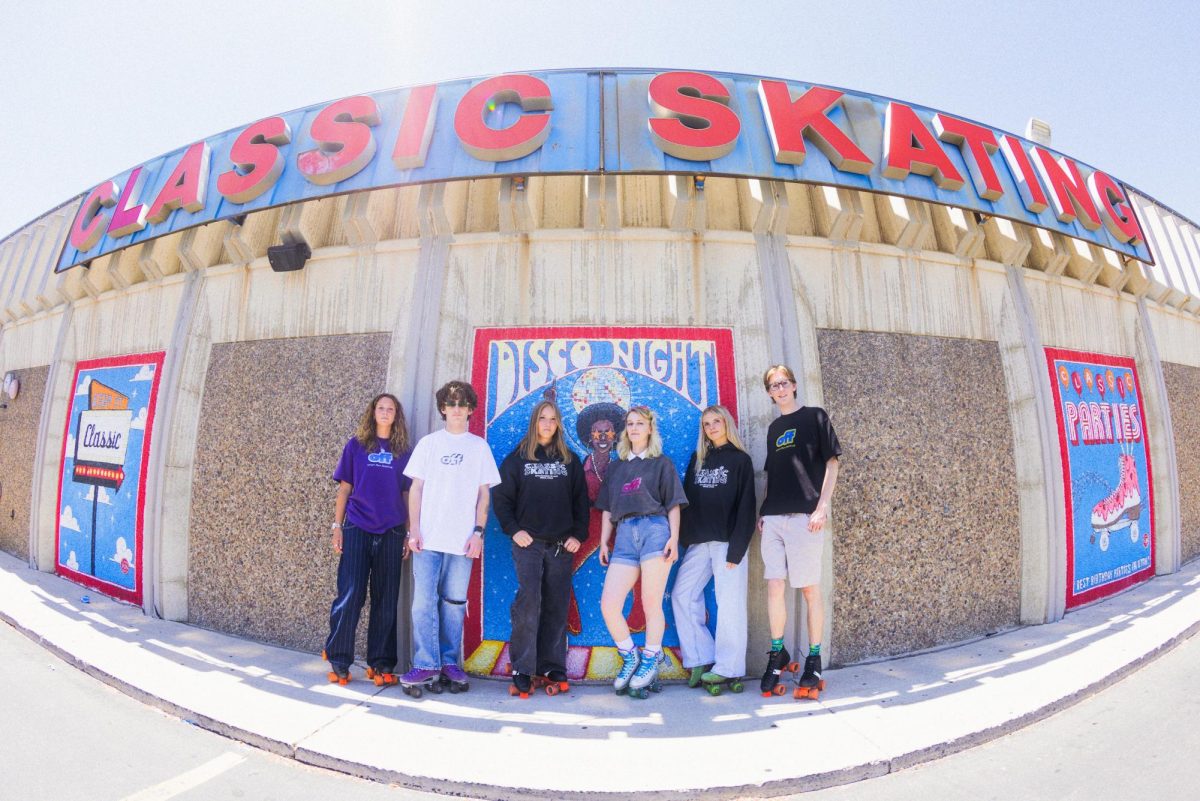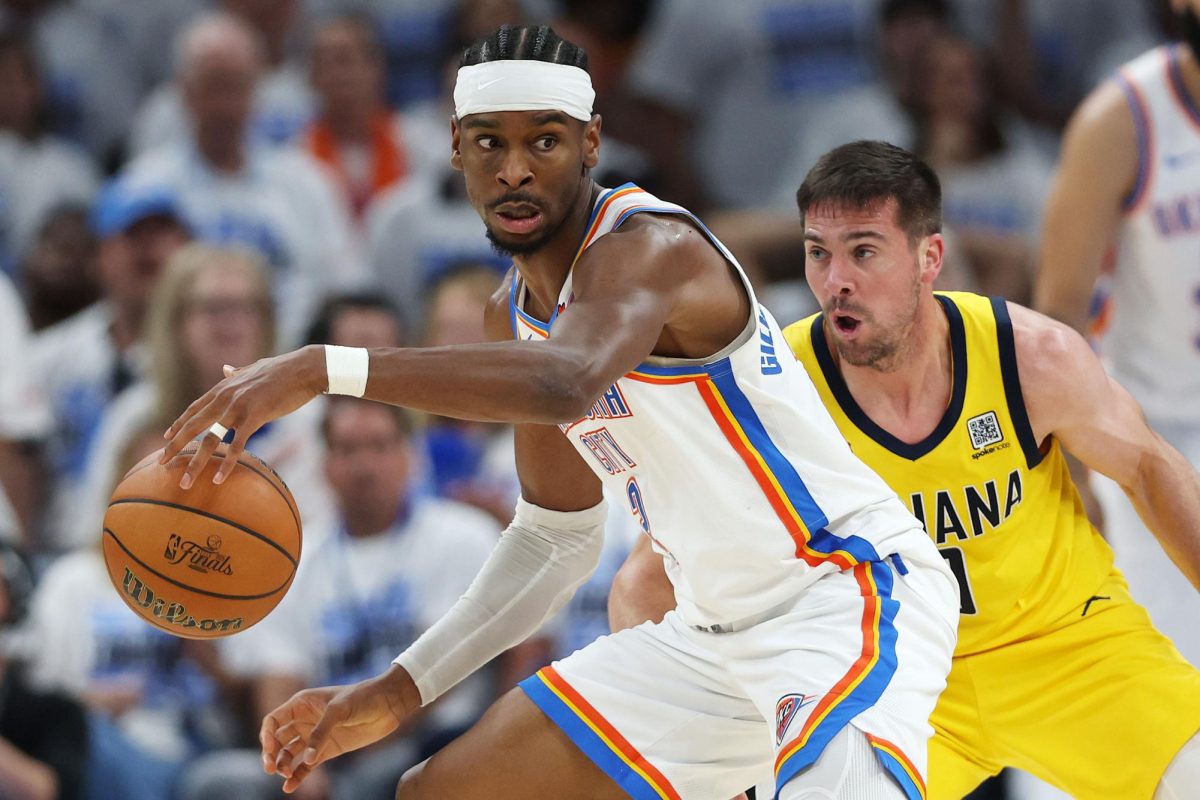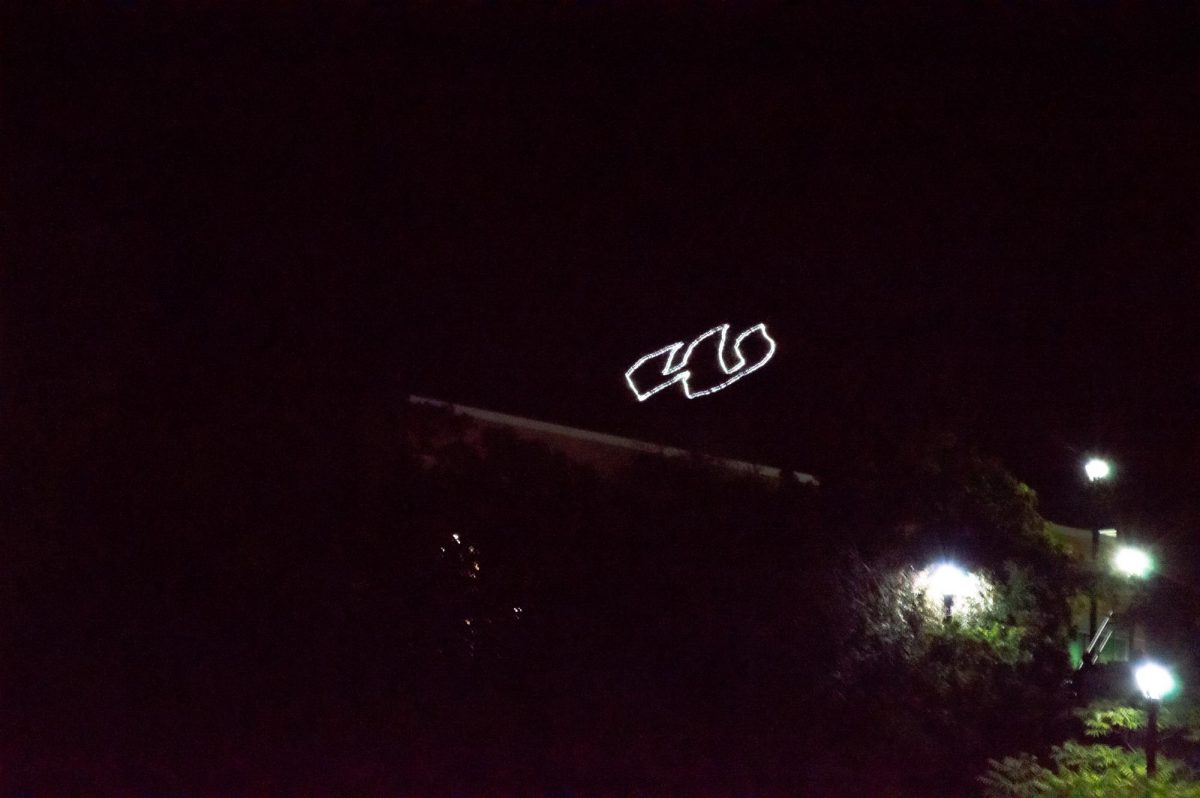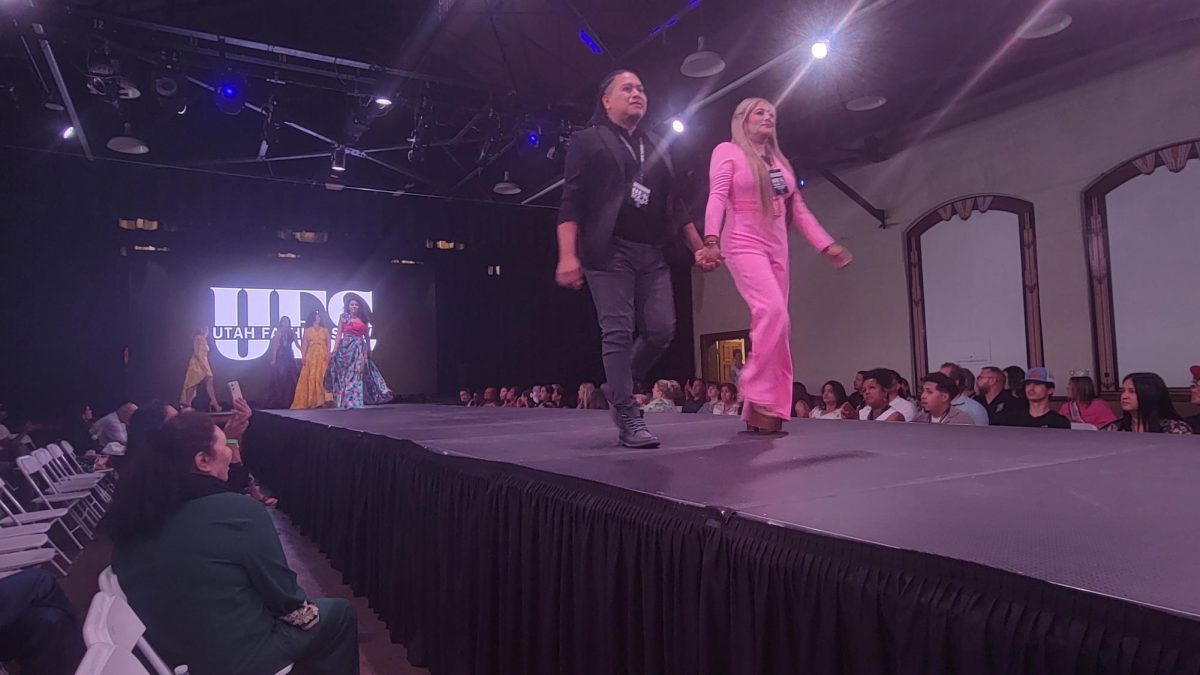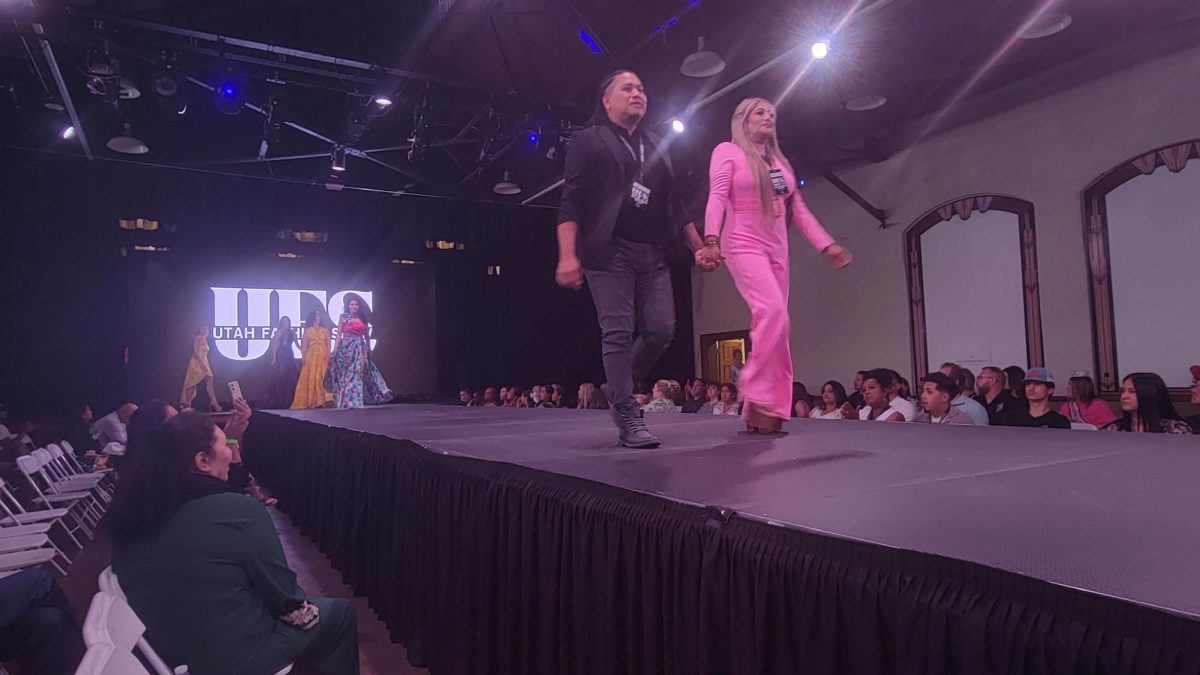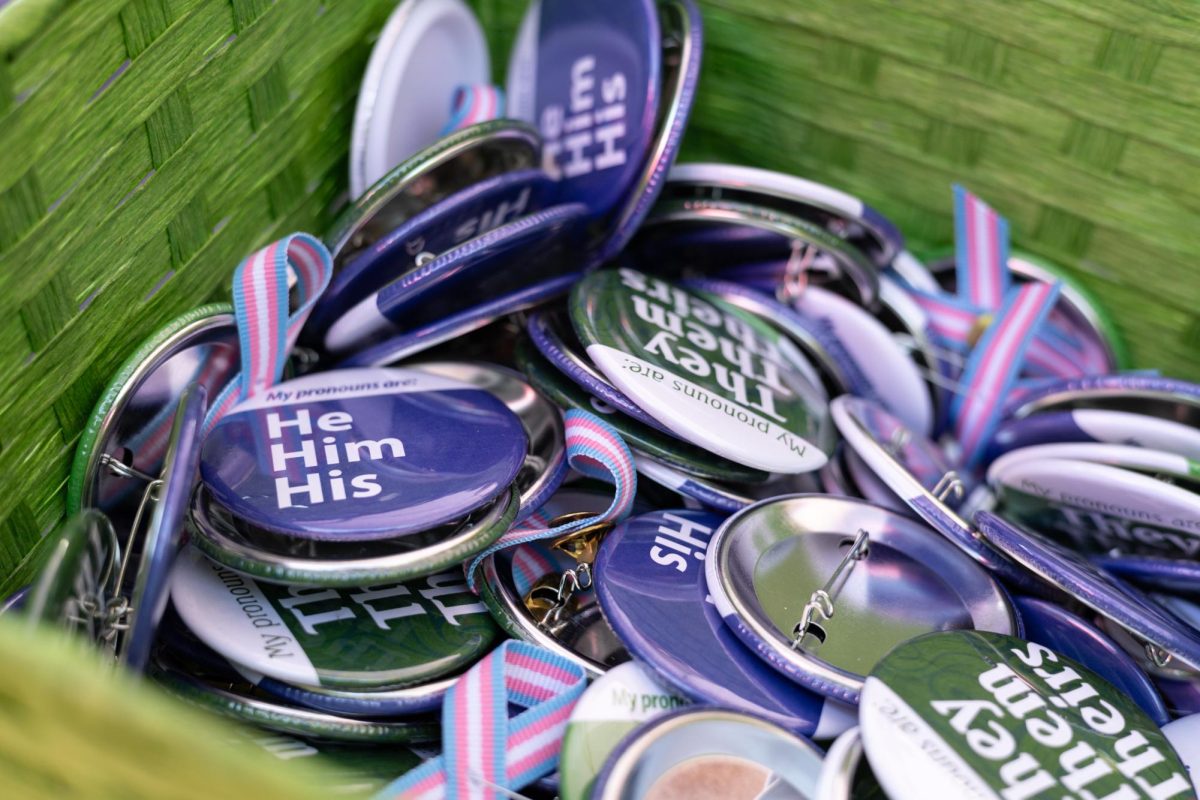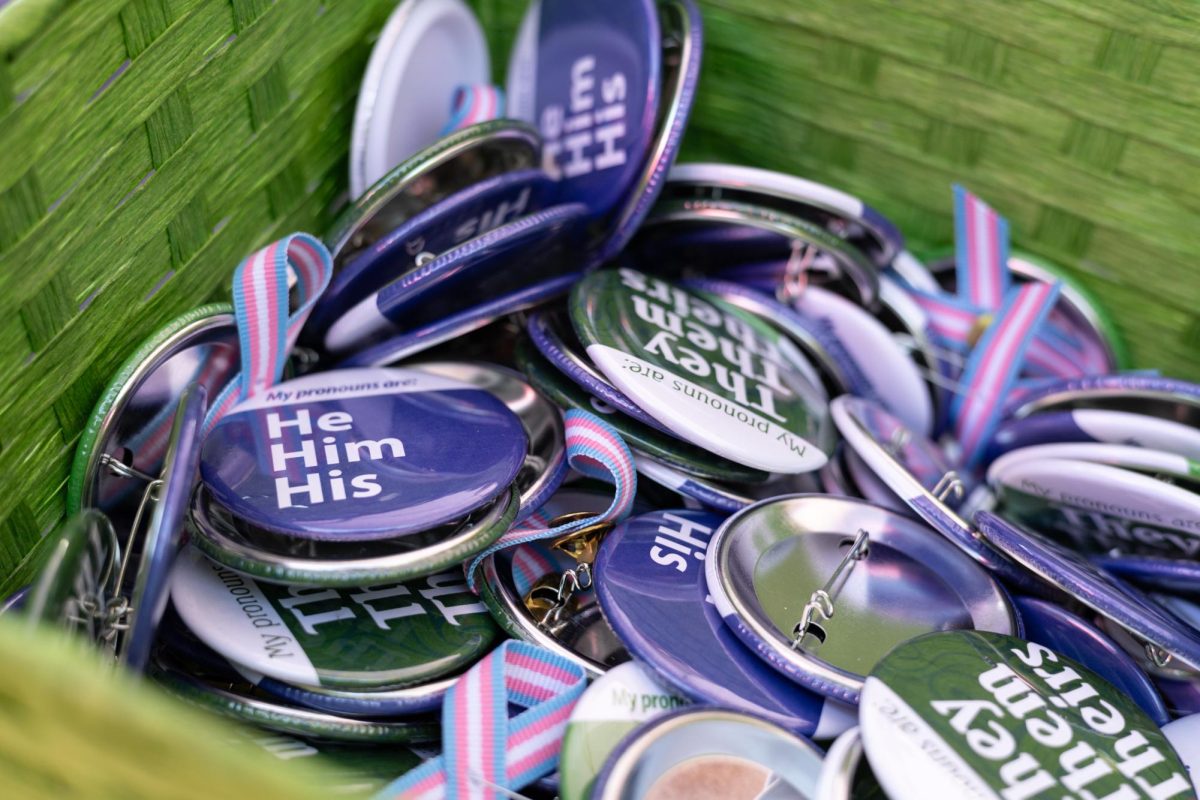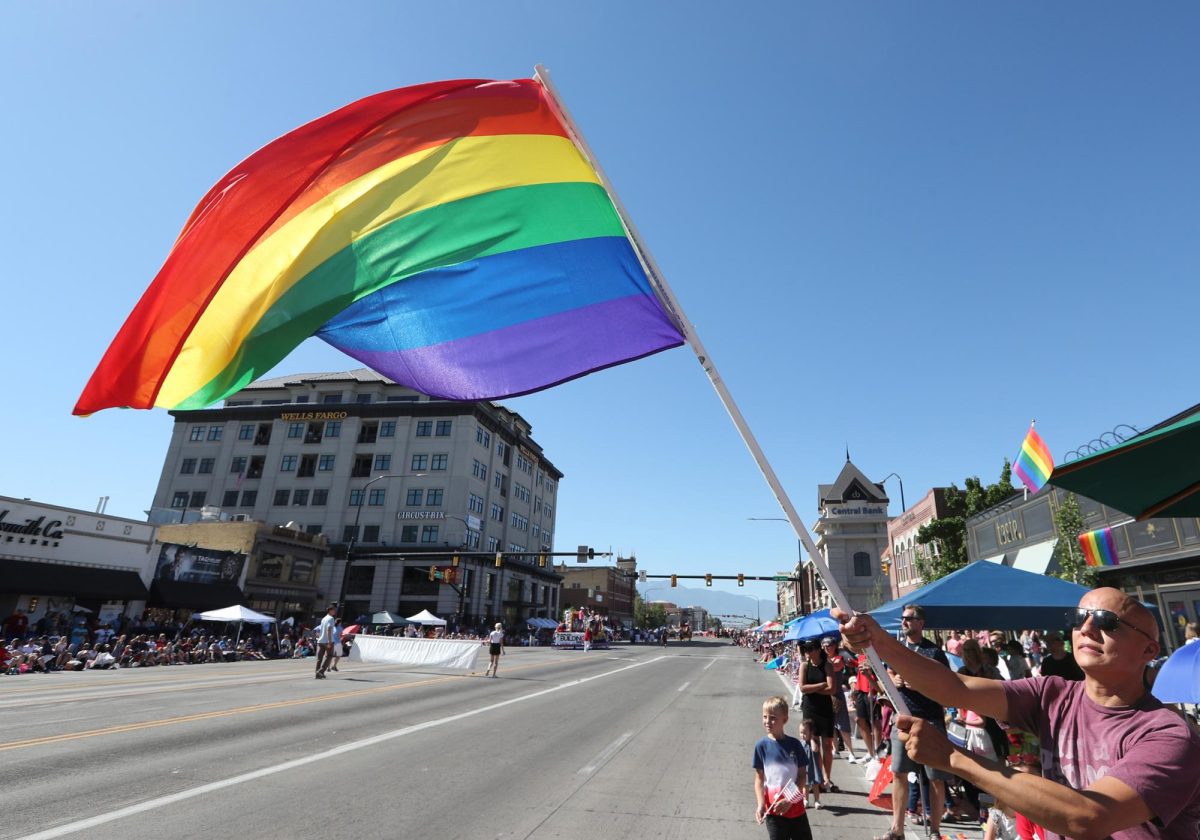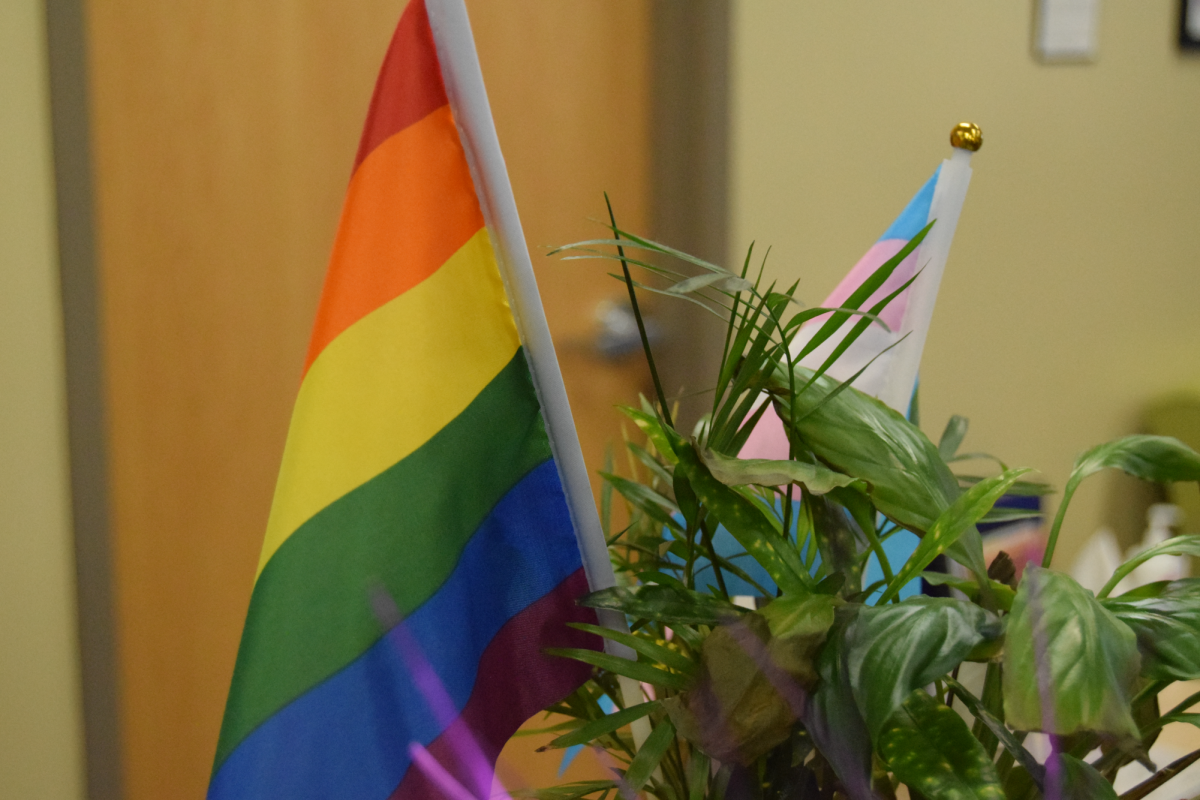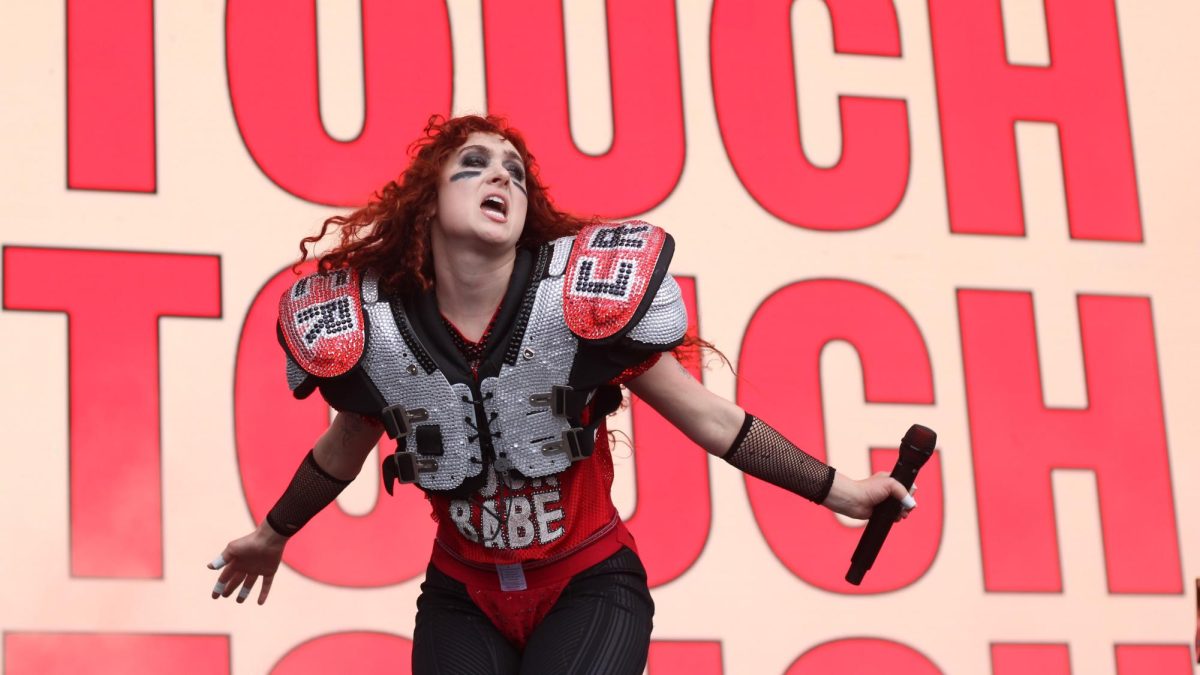Pride Month is here, and for many that means celebrating individuality through parades, parties, concerts and much more, but it can also be time to check out some of the great Pride-related storytelling from filmmakers.
Films that express stories about gender, sexuality and identity have become more prolific and prevalent to the modern moviegoing experience, with films such as 2016’s “Moonlight” winning best picture. Now more than ever is the best time to celebrate queer films. Here are a handful of contemporary LGBTQ films that are sure to go down as classics for you to watch this Pride month.
1. All of Us Strangers (2023)
“All of Us Strangers” expresses a feeling of loneliness that few other films can. Director Andrew Haigh pulls no punches as he explores complex queer themes of loss for a childhood that may have never even existed. This film features a remarkable performance from Andrew Scott who plays Adam, a screenwriter, who develops a relationship with his mysterious neighbor Harry, played by Paul Mescal. The film focuses on the relationship between these two men and Adam’s relationship with his parents, which is presented in a dream-like manner. The film blends drama and fantasy in a way that adds cinematic weight to the reflective nature that is brought to the table. “All of Us Strangers” expresses feelings of grief and overcoming loss through this queer story. “All of Us Strangers” is currently streaming on Hulu.
2. Bottoms (2023)
Emma Seligman’s satirical comedy “Bottoms” works as both one of the best comedies from last year, but also as one of the best Pride-related films from last year. The film stars Rachel Sennott and Ayo Edebiri as two high school students who start a womens’ self-defense fight club in order to get closer to the love interests of the film. “Bottoms” takes a more absurd and dramatic approach to its comedic storytelling, with over-the-top performances by the whole cast (including a performance by none other than football star Marshawn Lynch) and countless visual gags. “Bottoms” is a coming of age story that pulls inspiration from many of the teen comedies that dominated the genre in the ‘80s and ‘90s. “Bottoms” can currently be found on Amazon Prime Video.
3. I Saw The TV Glow (2024)
Jane Schoenbrun’s “I Saw the TV Glow” is the newest film on this list. This film manages to play into elements of horror, drama and coming of age, placed prominently in a nostalgia-fueled late ‘90s and early 2000s world. The film tells the story of socially-awkward high-schoolers Owen and Maddy who create a bond over a late-night cult TV show called “The Pink Opaque.” Through the use of this bizarre TV show that is more than it seems, Schoenbrun is able to express a fascinating story about gender identity and sexuality. Though it proved a polarizing film coming out of this year’s Sundance Film Festival, make sure to join the conversation and catch “I Saw the TV Glow” as it concludes its theatrical run in June.
4. Pariah (2011)
“Pariah” from filmmaker Dee Rees first premiered at the Sundance Film Festival in 2011 and is arguably one of the most important independent films from the 2010s. This film follows the story of Alike or “Lee” as she develops her identity as a lesbian. The emotional core of the film comes down to Alike and her relationship with her mother and father, who struggle to accept the change happening in their daughter’s life. “Pariah” tells not only a LGBTQ+ story but also the story of a Black teen growing up to choose her own path independent of expectation, cementing the film as a classic amongst its audience. “Pariah” is currently streaming on Amazon Prime Video.
5. Tomboy (2011)
It was difficult to pick just one Céline Sciamma film, but “Tomboy” deserves the spotlight as an underrated gem from her filmography. “Tomboy” is a film about a 10-year-old girl named Laure who has recently moved to the suburbs of France with her family. Laure quickly becomes friends with the other children in the neighborhood who mistake her for being a boy. She uses this opportunity to change her identity from Laure to “Mickaël” when she is around her friends. The film explores themes of gender non-conforming identities, the way children interact with each other, and the way that children interact with their parents.


